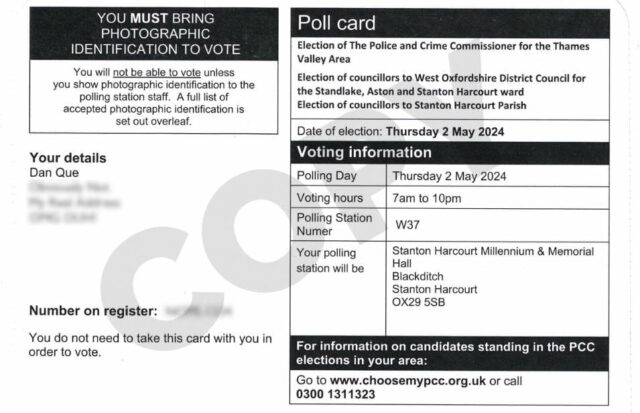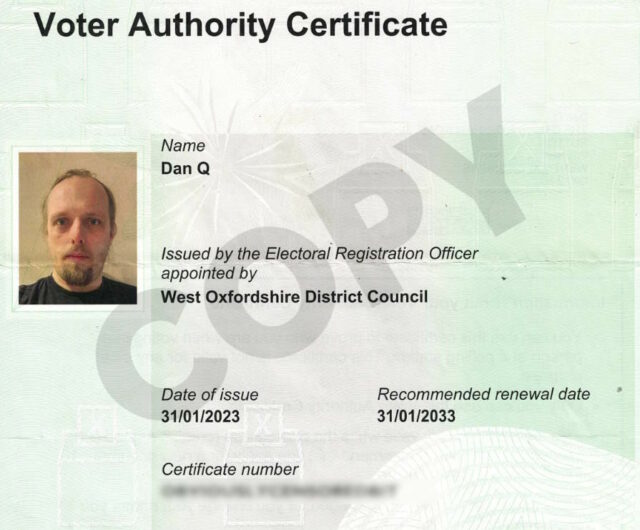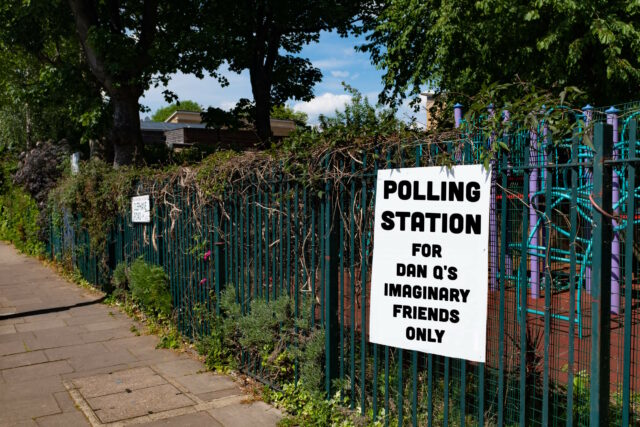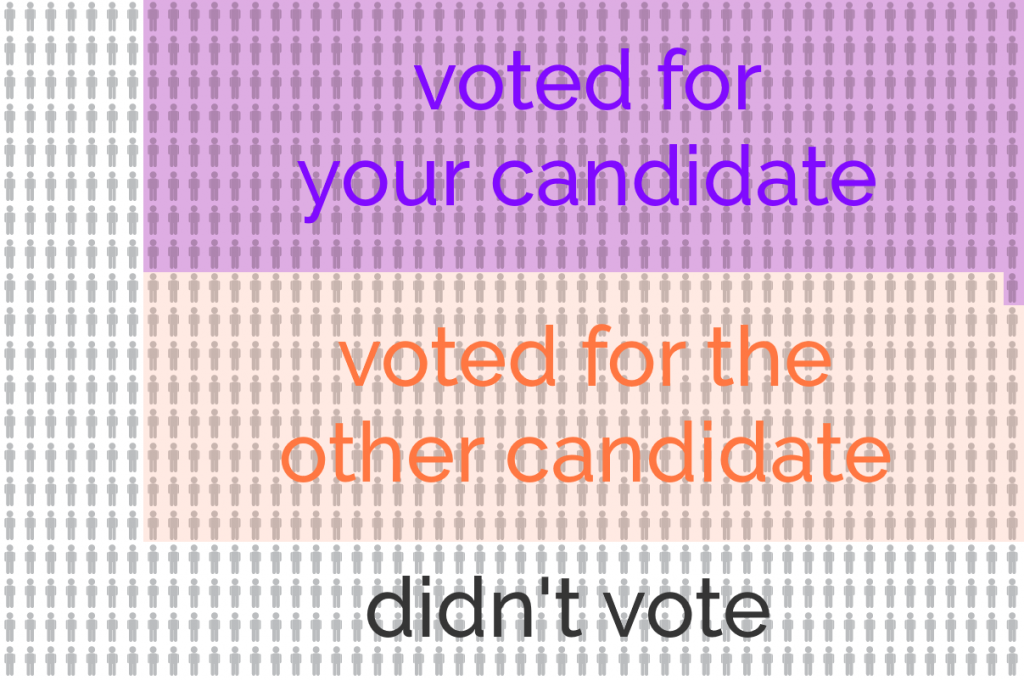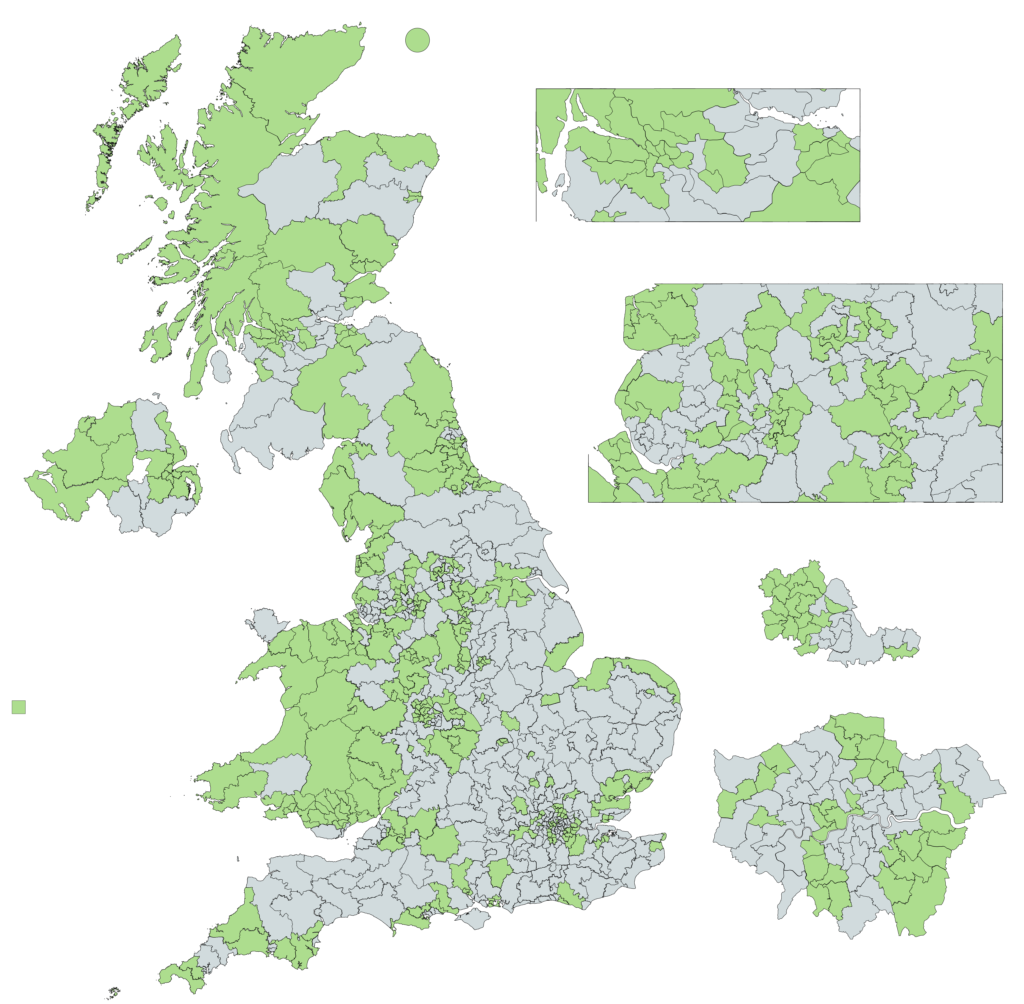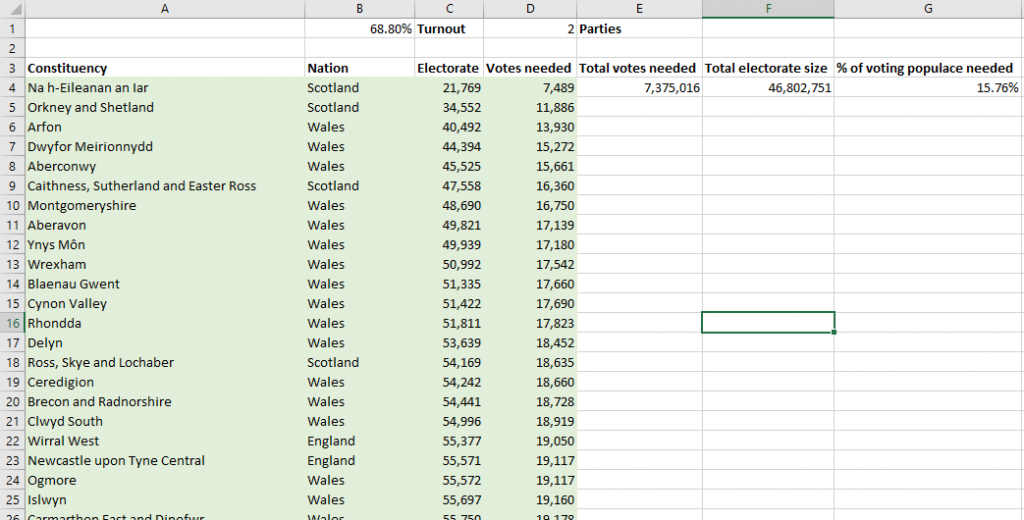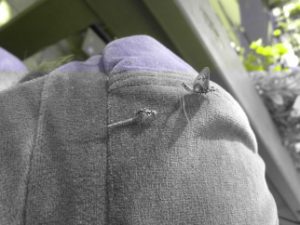Earlier this week, I had a strange experience, but it requires a little bit of back story.
Spend enough time with me, and you’ll hear me gripe about the problems of our democracy: the faults of the plurality voting system, gerrymandering and it’s long-term ripple effects, party politics, the motivations of politicians, and much more, even before I get down
to talking about the apathy of constituents and our disgustingly ill-informed populace. I know how little my vote counts for (clue: pretty much nothing), and that’s why to make my
opinions heard though occasional, carefully-researched letters to the people who represent me, and I encourage others to do the same – a letter, while in itself not particularly
powerful, is still worth a lot more than a ballot paper. And thanks to WriteToThem, it’s really easy to send correspondence to the elected officials who represent you on the local, regional, national and international
stages.

Perhaps inspired by some combination of (a) my recent experience with
Pecky and the Squawkies, (b) the mess created by their seagull buddies on and around rubbish collection days – which seems to have gotten worse recently (see photo,
above) – and (c) the petitions that seem to be floating about town in general over the last few weeks, requesting that something (humane) is done about the troublesome Aber seagull
population, I wrote to the council to express my thoughts on the matter, and to make a few suggestions based on things that have been tried by other towns affected by seagulls.
When I’ve written to representatives before, I’ve gotten a mixed response rate, and that’s fair enough – they’re busy people (at least, they are if they’re doing their job right).
Writing to my MP, over the last decade or so, has typically gotten me a response rate of about 80%, which is quite impressive. Writing to
MEPs gets a response rate of about 65%. Writing to a PM gets a response rate of
about 50%, and that’s better than I’d have expected. So far, writing to my local council, although I’ve not done so often, has gotten me a 100% response rate.
And so I got an e-mail in response to my query about seagulls: great, it’s a pressing issue, apparently, and one that’s attracting a lot of attention from constituents (nice to know I’m
not alone in my opinions), and it’s now scheduled for discussion on the next Department of Environmental Services and Housing Scrutiny Committee meeting, which is nice. What I didn’t
expect was what followed.
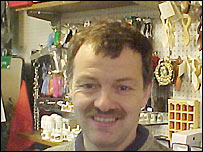
The chap pictured above (thanks, BBC) is Ceredig Davies, Aberystwyth Central Ward councilor for Ceredigion Council. On Monday night, while I was on my way back
to The Cottage after ReAnime Night (with a brief diversion to say goodnight to Claire on the way), he pulled up his
car alongside me and leapt out, shaking my hand as he went.
He thanked me for my e-mail, explained that he’d e-mailed me and asked if I’d got it, and told me what he’d done about it so far and the challenges were that he thought might make it
difficult to implement my suggestions (mostly only things I was aware of, but sadly not things I know the answers to). Then he dashed back across the street, hopped back into his car,
and drove away.
This is perhaps the most pro-active response I’ve ever had from an elected official (even without the surprise meeting in the street, his reply to my e-mail was prompt and informative,
and was followed-up by more information that interested me), but it left a question burning in my mind: Mr. Davies represents 15,000 or more people in this area, of which I’m just one –
how the hell did he know what I looked like, let alone well-enough to spot me in the street. From his car? From behind? At night?
I’m impressed and all that, but it’s still a little spooky. I asked him at the time how he recognised me, and he mumbled something about being the kind of councilor who’s “a bit of an
anorak” (what does that mean? does he sit up at night researching his constituents and memorising their appearances and daily movements? does he have a little book with all of
our national insurance numbers in and cross them out when he meets us, like a trainspotter but with people?) as he made his way back to his car.
So, the verdict on Mr. Davies: very effective, but also a little bit scary.
